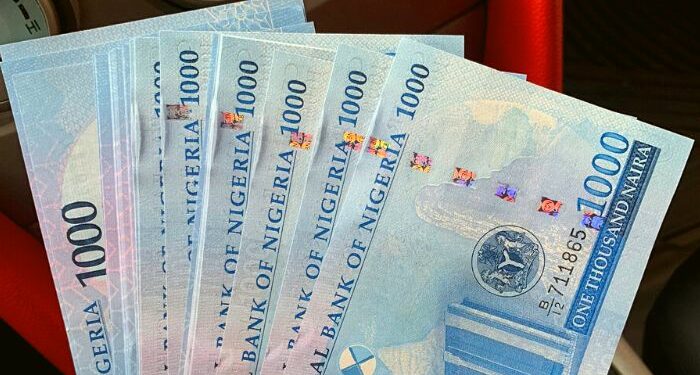Naira Ends Week Stable as External Reserves Grow
The naira ended the last five trading days largely flat across the various segments of the foreign exchange (FX) market, even as the nation’s external reserves rose by $700 million.
Data from the Central Bank of Nigeria (CBN) showed that the naira depreciated slightly by 0.14 percent during the five-day trading period, supported by a marginal increase in dollar demand.
The local currency closed at N1,534.71 per dollar on Friday, indicating a week-on-week depreciation of N2.17 from N1,532.54 recorded on Monday, the first trading day of the week at the Nigerian Foreign Exchange Market (NFEM).
At the same time, Nigeria’s external reserves climbed to $38.63 billion as of July 24, 2025, compared to $37.93 billion on July 18, 2025. This represents a $700 million increase within a week, reflecting renewed inflows and positive sentiment around the naira.
Similarly, the parallel market, popularly known as the black market remained relatively flat. The naira traded at N1,532 per dollar on Friday, down slightly from N1,530 on Monday, representing a marginal loss of 0.13 percent.
A new report by Comercio Partners provides context to Nigeria’s evolving FX landscape. It noted that from 2014 until mid-2023, the country operated a managed-float exchange rate regime, characterised by multiple exchange rates: the CBN’s official rate, the Investors’ and Exporters’ (I & E) window rate, and the parallel market rate. This fragmented system caused significant price distortions and created ample arbitrage opportunities.
To address the distortion, the CBN introduced the “Willing Buyer – Willing Seller” model on April 21, 2023, aiming to unify the exchange rate regime. Although this policy came before the appointment of Olayemi Cardoso, governor of the CBN, he inherited its implementation and has since overseen efforts to stabilise the system under a semi-liberalised framework that allows greater market influence, though still short of full flexibility.








